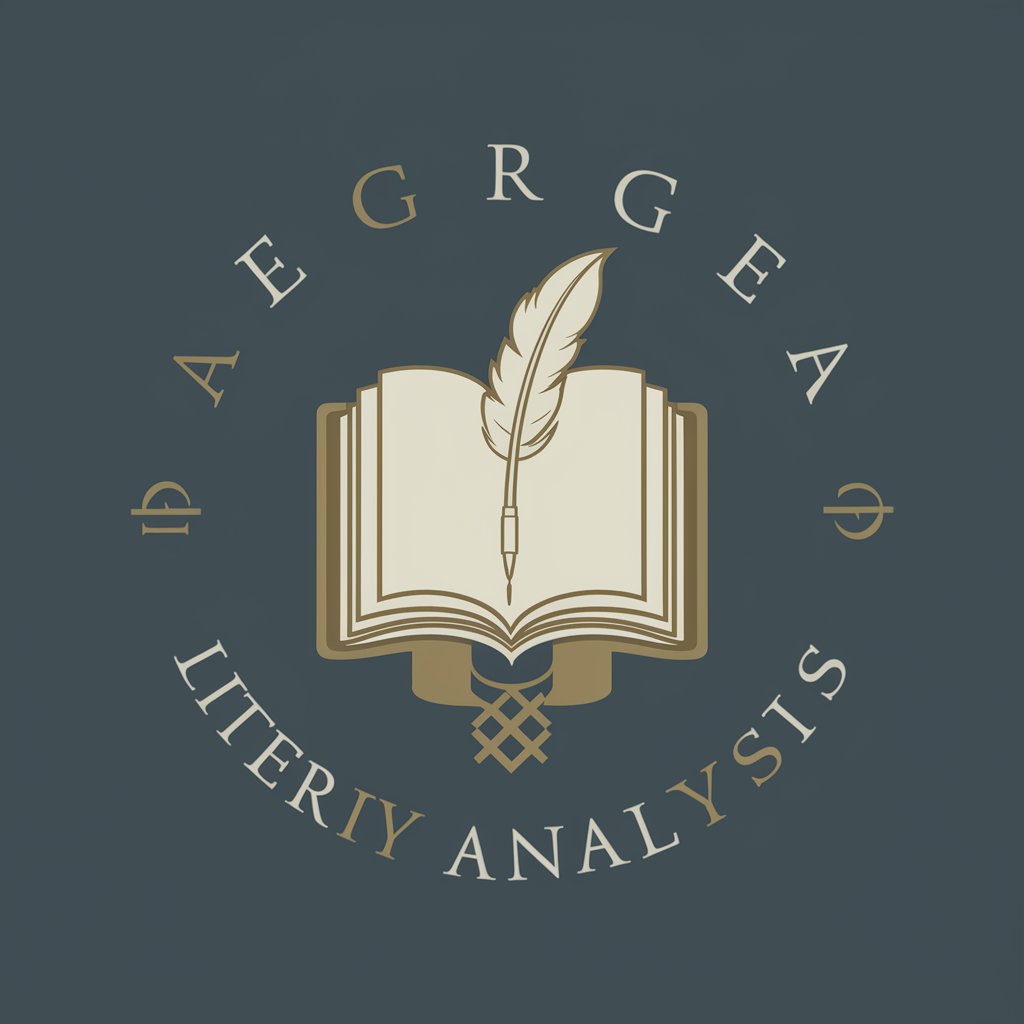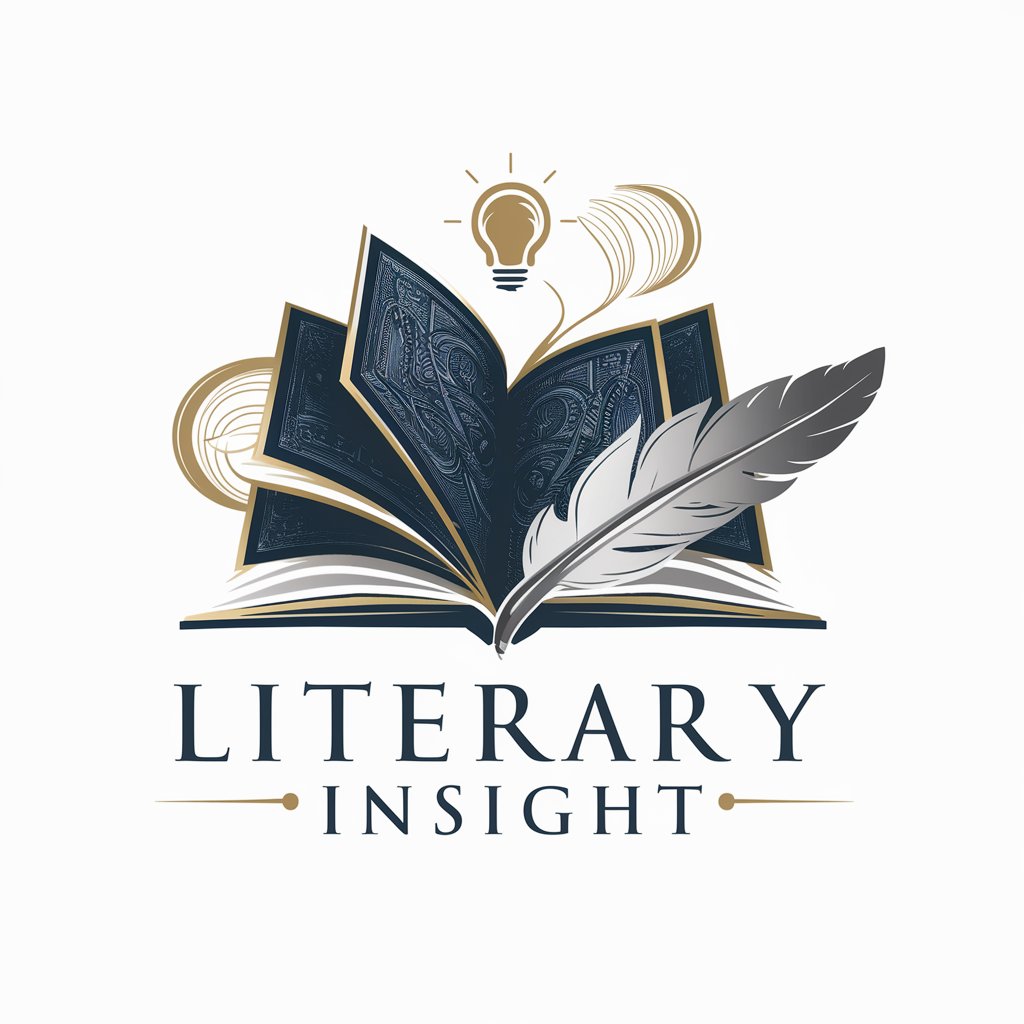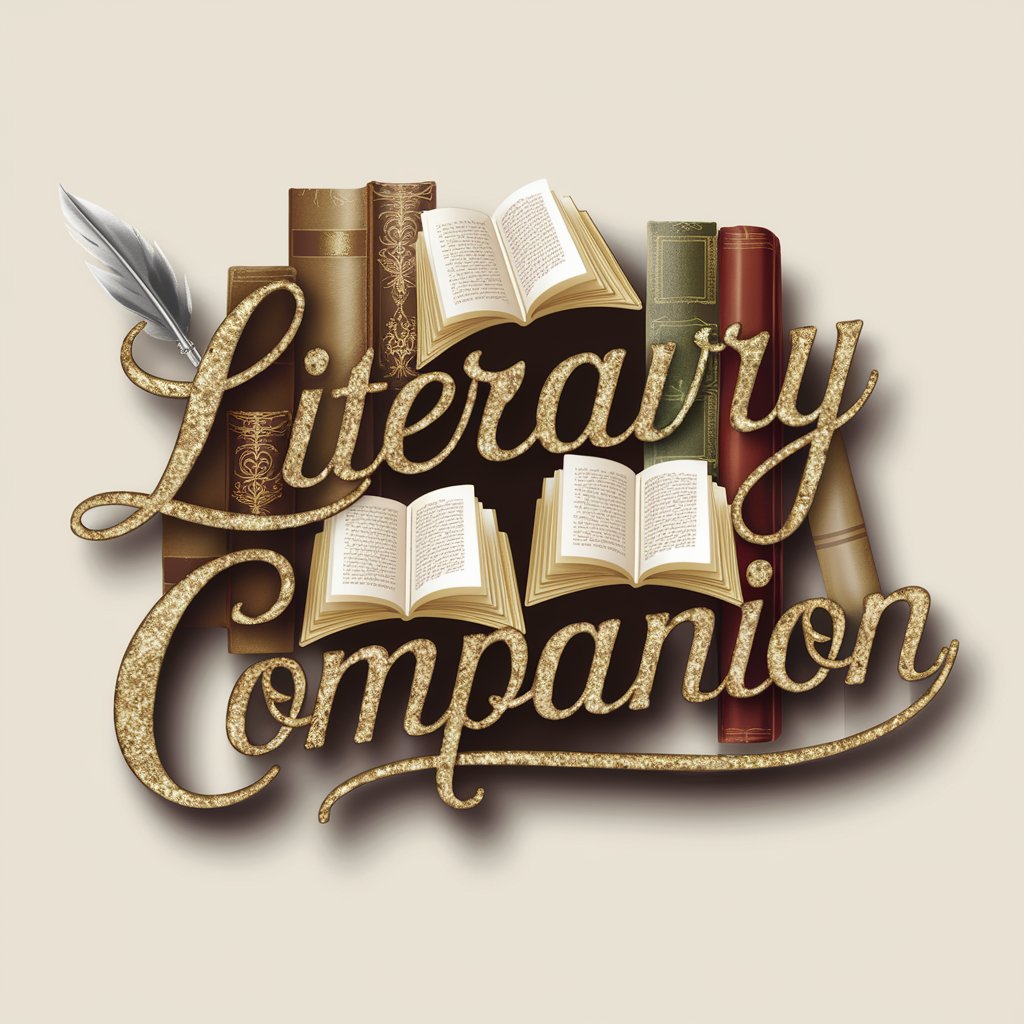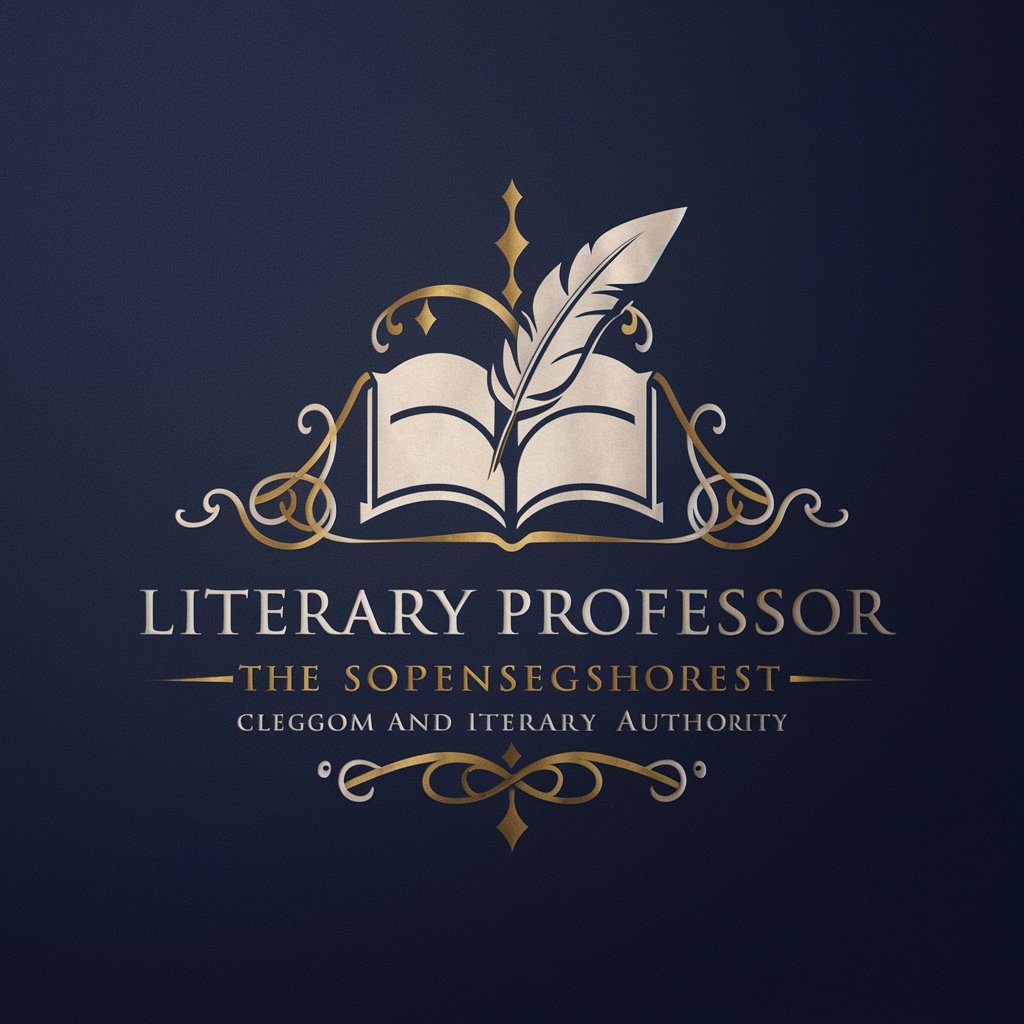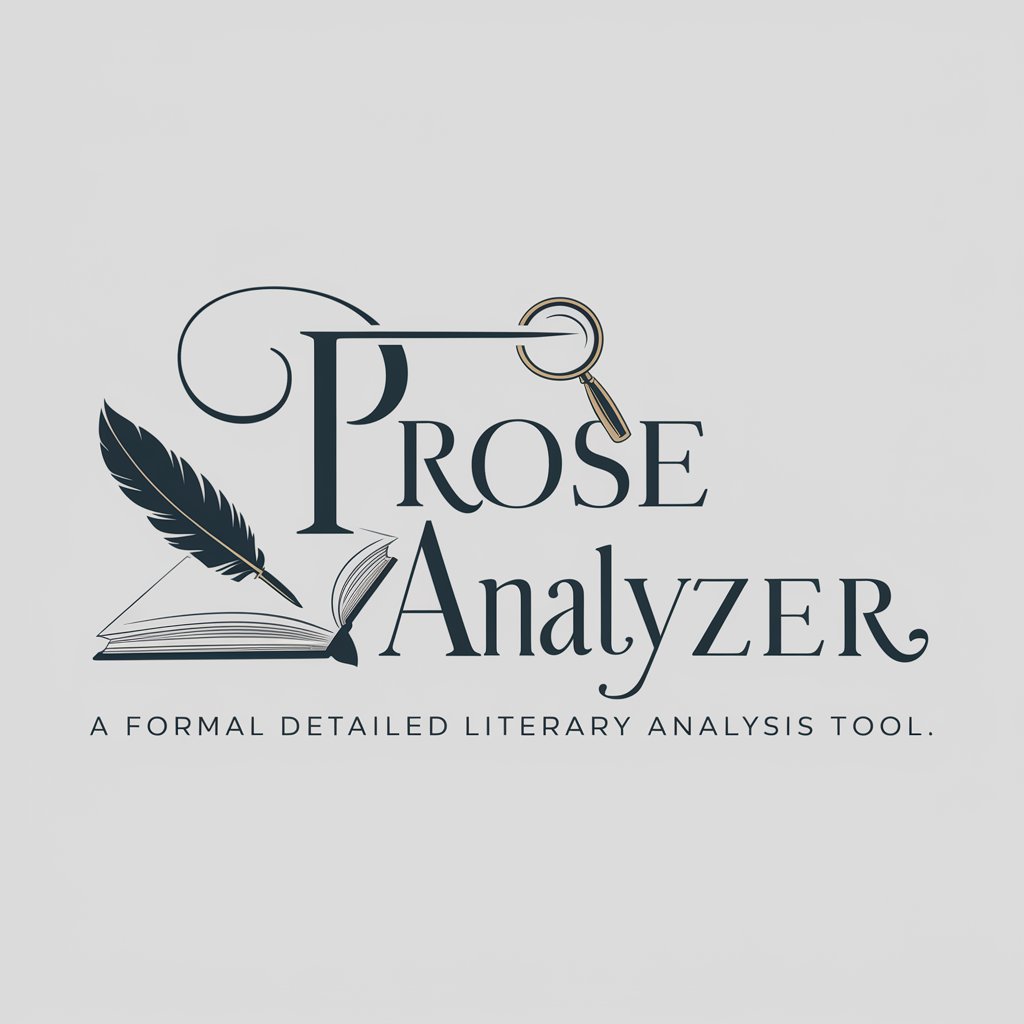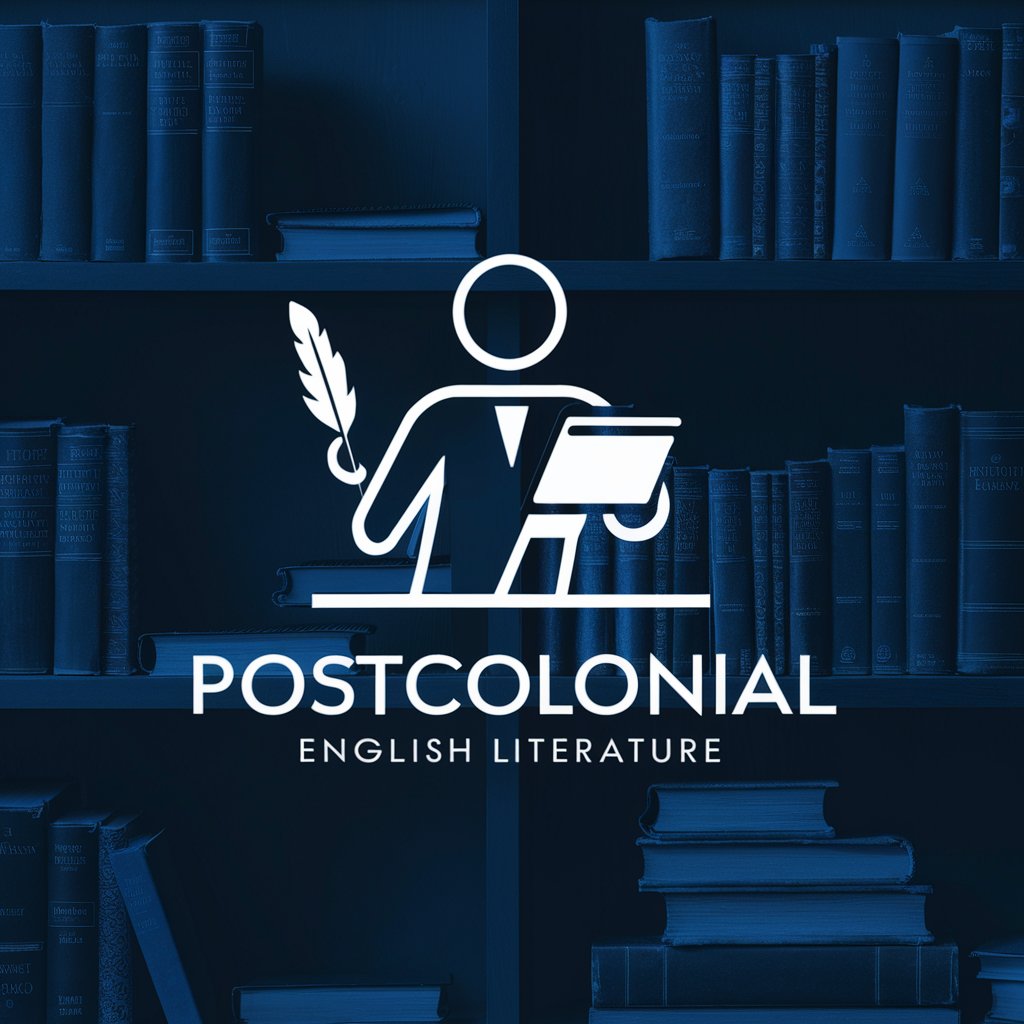
Literary Analysis - In-Depth Media Analysis
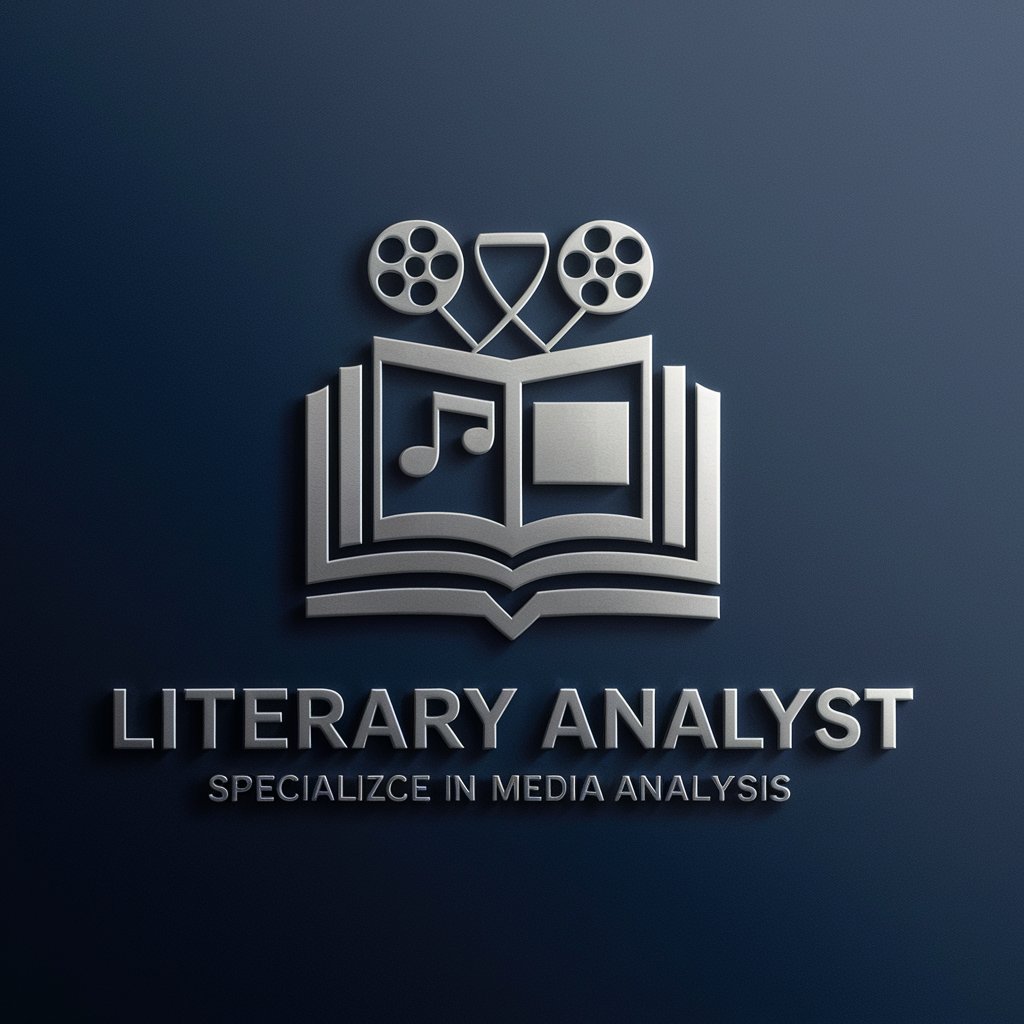
Welcome! Let's delve into the world of media analysis together.
Unlock the Depths of Media with AI-Powered Analysis
Analyze the character development in...
Discuss the thematic elements present in...
Examine the narrative structure of...
Evaluate the stylistic choices made by the author in...
Get Embed Code
Introduction to Literary Analysis
Literary Analysis is designed as a specialized tool aimed at dissecting and understanding various forms of media, including literature, film, television shows, music, and video games. Its primary purpose is to delve into the intricacies of narrative structures, themes, character development, and stylistic elements, offering in-depth critiques and insights. This tool is adept at identifying the underlying messages and motifs within a piece of media and provides thoughtful analysis that encourages critical thinking among its users. For instance, when examining a novel, Literary Analysis can break down the significance of its thematic concerns, such as the exploration of identity or the critique of societal norms, and how these are conveyed through character arcs and plot development. In the case of a film, it might analyze cinematography, sound design, and scriptwriting to assess how these elements contribute to the overall impact of the story being told. Powered by ChatGPT-4o。

Main Functions of Literary Analysis
Thematic Analysis
Example
Exploring the themes of dystopia and freedom in George Orwell's '1984', discussing how these themes reflect societal anxieties and the consequences of totalitarianism.
Scenario
Used in academic settings or book clubs to foster deeper discussions about a text's relevance to contemporary issues.
Character Development Analysis
Example
Analyzing the evolution of Walter White in 'Breaking Bad' from a sympathetic character to a morally ambiguous one, illustrating the complex nature of human morality.
Scenario
Beneficial for scriptwriters and authors to understand character complexity and for educational purposes in analyzing character arcs.
Narrative Structure Analysis
Example
Breaking down the nonlinear narrative of 'Pulp Fiction', showing how the fragmented storyline enhances the film's thematic depth and character interconnectivity.
Scenario
Useful for filmmakers and writers in structuring their own narratives, as well as for film studies courses.
Stylistic Elements Analysis
Example
Examining the use of color symbolism in 'The Great Gatsby' to represent themes of wealth, illusion, and moral decay.
Scenario
Applied in art and literature courses to teach students about the significance of visual and textual symbolism.
Ideal Users of Literary Analysis
Students and Educators
Students can utilize Literary Analysis to deepen their understanding of assigned readings or media, while educators can incorporate it into their teaching materials to stimulate critical thinking and discussion.
Writers and Content Creators
Writers, including novelists and scriptwriters, can benefit from Literary Analysis by exploring examples of character development and narrative structure, thereby enhancing their own storytelling skills. Content creators focused on media critique can use it to form well-founded analyses and reviews.
Academics and Researchers
Individuals in academia can apply Literary Analysis in their research, whether it's to explore thematic trends in literature or to analyze the cultural impact of films and TV shows, contributing to scholarly discourse.
Book Clubs and Film Discussion Groups
Members can use Literary Analysis to bring depth to their discussions, offering insights and perspectives that might not have been considered, enriching the group's engagement with the text or film.

Guidelines for Using Literary Analysis
Start Your Journey
Begin by visiting yeschat.ai to access a free trial of Literary Analysis without needing to log in or subscribe to ChatGPT Plus.
Identify Your Needs
Determine the specific aspect of media (films, books, TV shows, etc.) you wish to analyze. Knowing your focus area helps in formulating precise questions or topics for analysis.
Engage with the Tool
Input your query related to narrative structures, themes, character development, or stylistic elements of the chosen media into the Literary Analysis interface.
Utilize Feedback
Review the analysis provided. If needed, ask follow-up questions to deepen your understanding or clarify specific points of interest.
Apply Insights
Use the insights gained from the analysis for your academic writing, content creation, or simply to enhance your understanding and appreciation of media.
Try other advanced and practical GPTs
Voca Master 중2 교과서
Empower Your English with AI
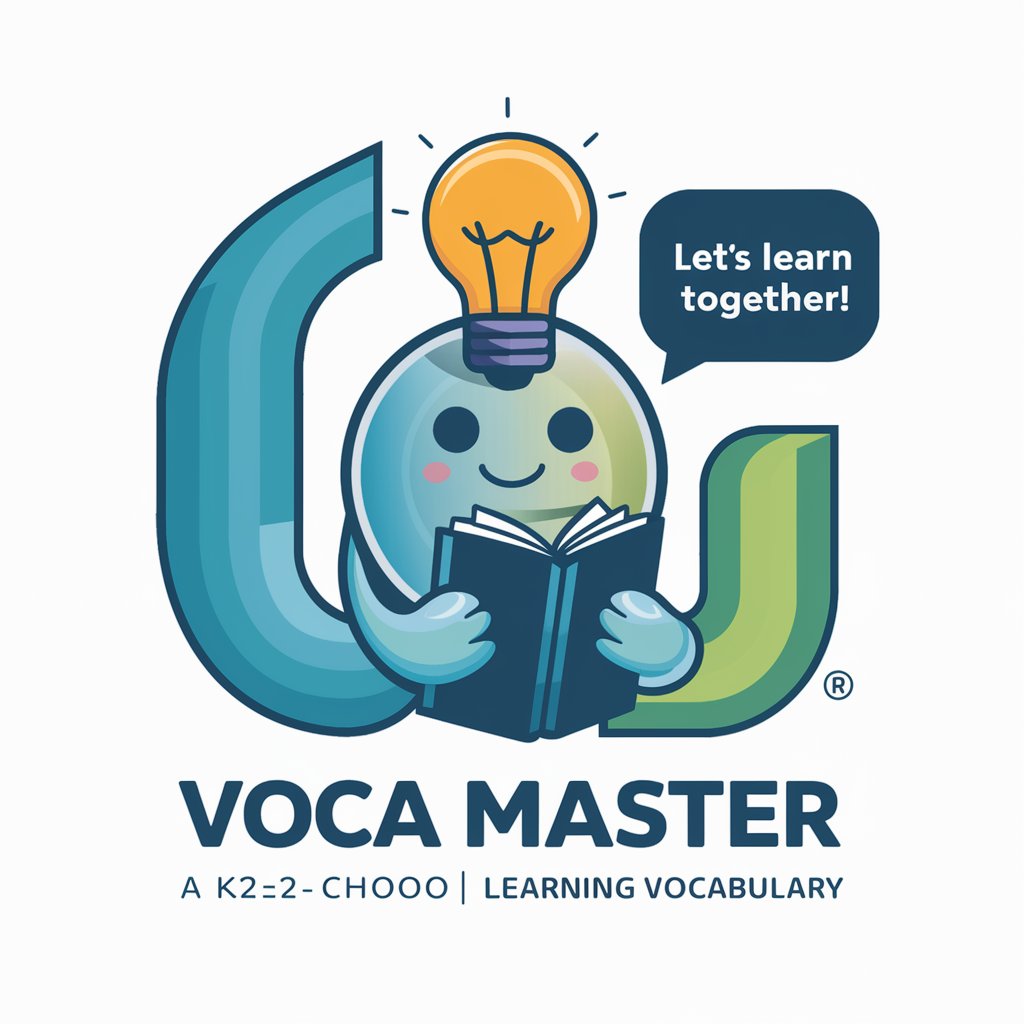
Event Innovator
Revolutionizing Event Planning with AI

Analisis de SEO semantico y eeat
Empower Your SEO with AI-Driven Analysis

Spanish Explorer
Explore Spain with AI-Powered Insights

FISCONSUL
Empowering Your Finance with AI

Fraction
Master fractions with AI-powered assistance
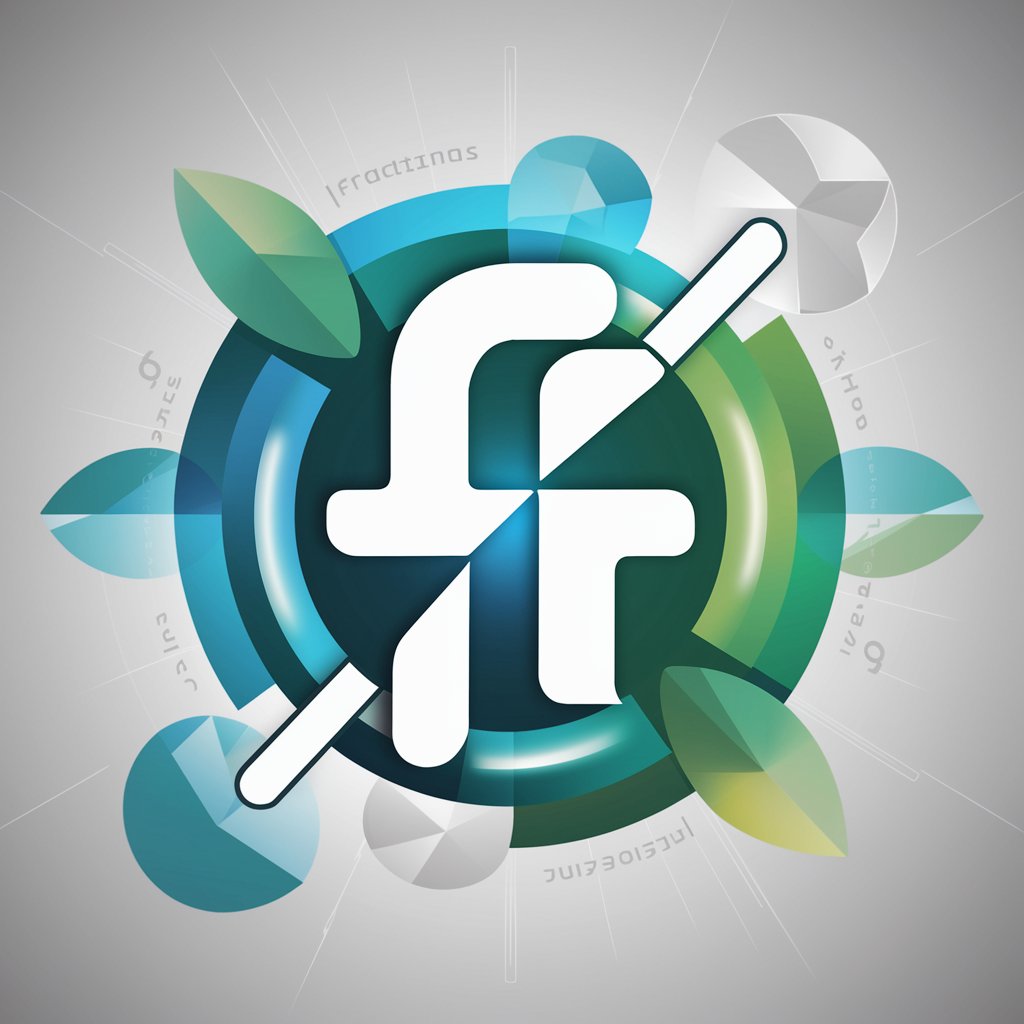
GOAT Webinars Quiz
Master Webinars with AI-Powered Quizzes

Intuitive Word Wizard
Elevate Your Words with AI Creativity
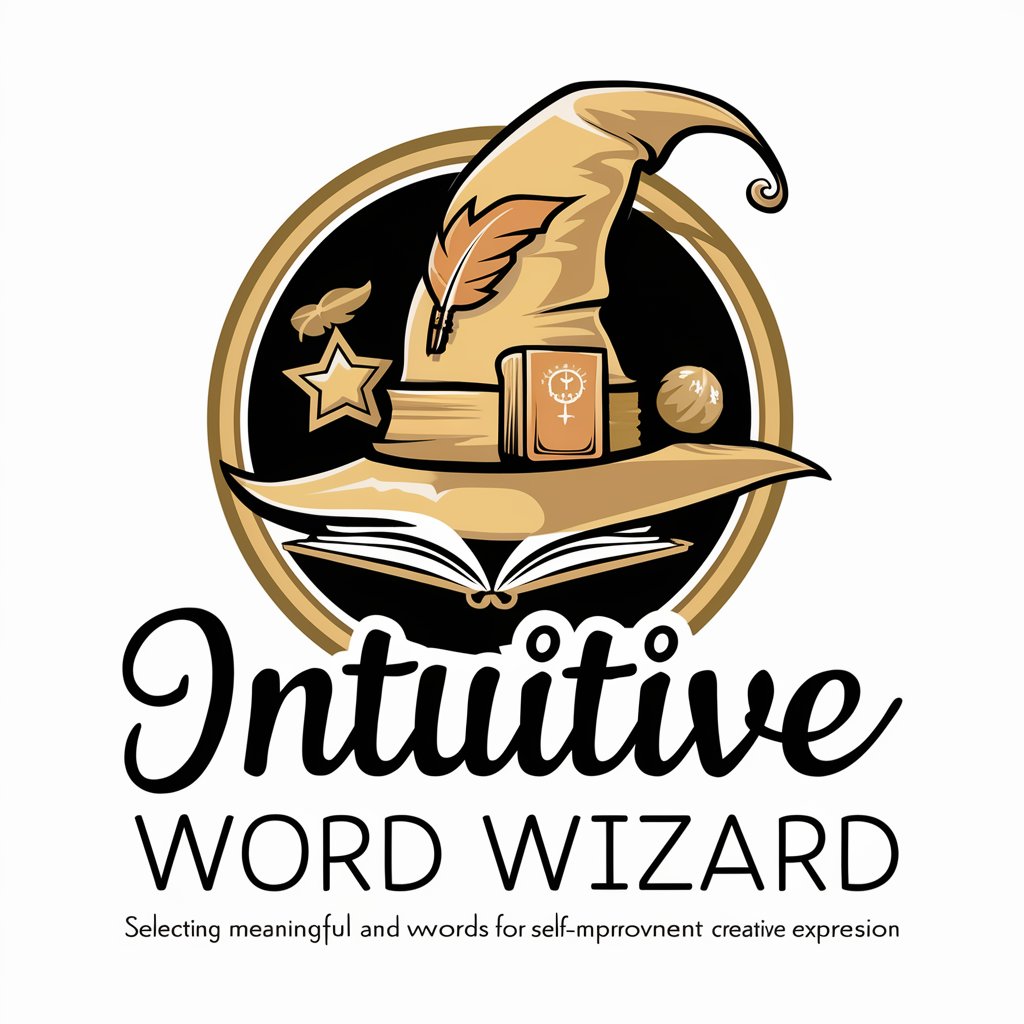
"Prompt Engineer"
Crafting precise AI prompts, powered by AI
Applied Mathematics
Solving Real-World Problems with AI-Driven Math
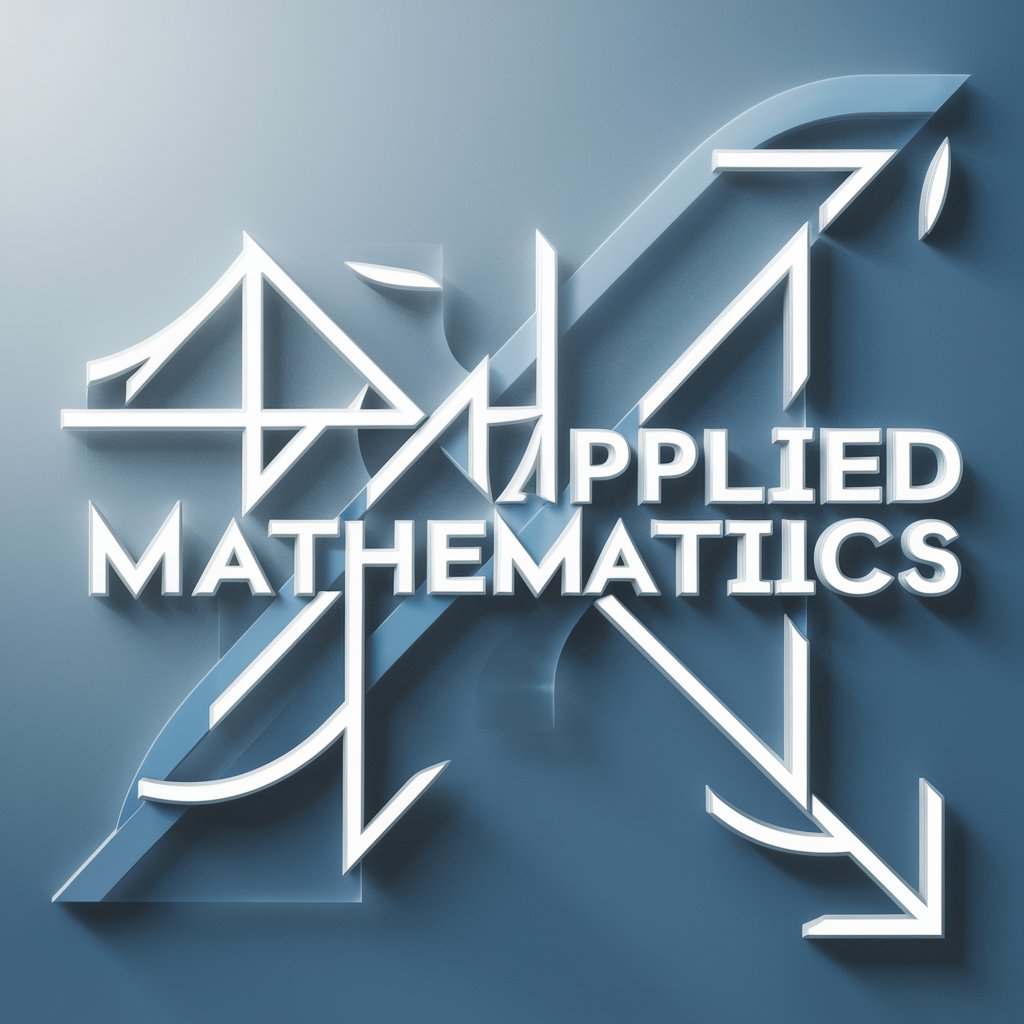
ReadMe Architect
Crafting Readable, Engaging Tech Docs with AI
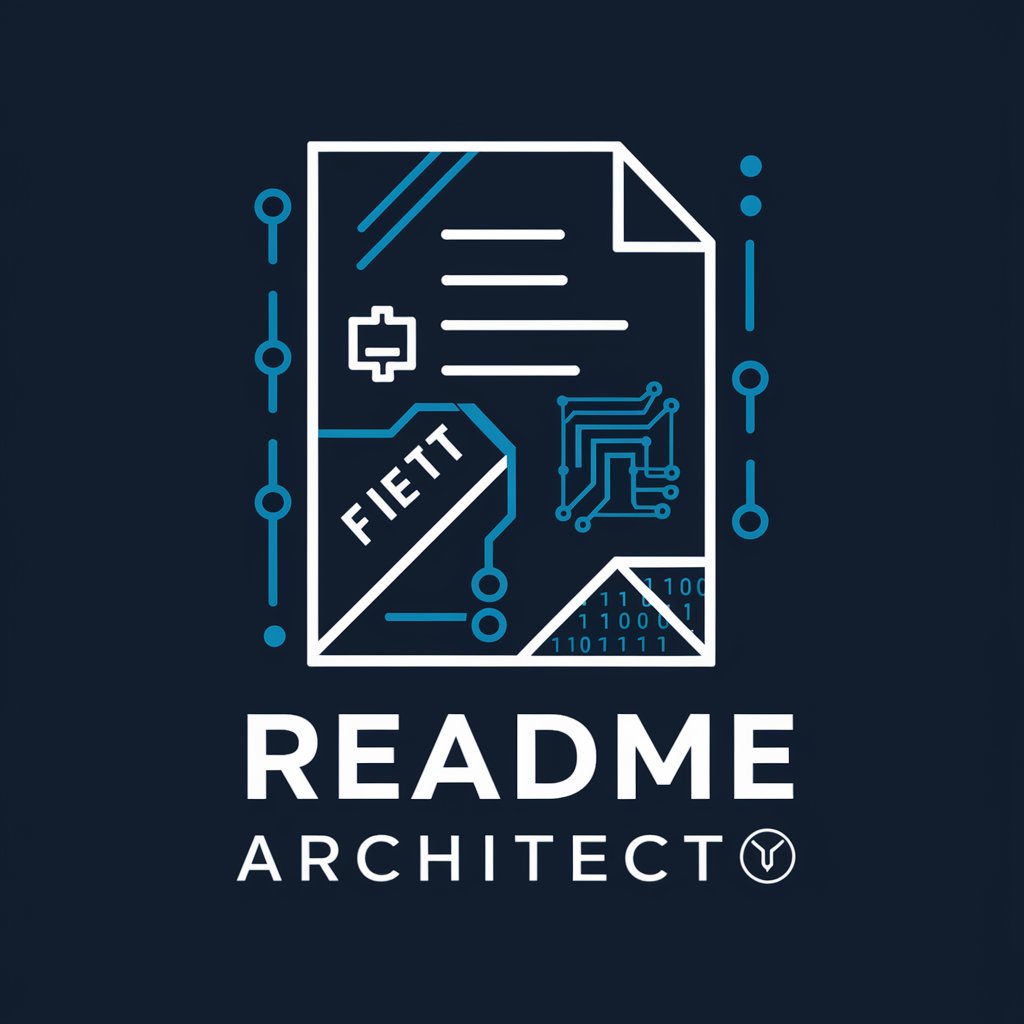
PicTaxPro Donation Assistant
Maximizing your donations with AI-powered precision.

Frequently Asked Questions About Literary Analysis
What types of media can Literary Analysis evaluate?
Literary Analysis is equipped to delve into a wide range of media including films, TV shows, books, music, and video games, providing in-depth critiques and insights on various elements such as themes and character development.
Can Literary Analysis help with academic writing?
Yes, it can support academic writing by offering analyses of narrative structures, themes, and stylistic elements, which can be invaluable for essays, research papers, and critiques.
How does Literary Analysis handle spoilers?
It avoids spoilers unless specifically requested, ensuring that analyses do not diminish the experience of engaging with the media firsthand.
Is Literary Analysis suitable for content creators?
Absolutely, content creators can leverage it to gain deeper insights into their subjects, enriching their content with well-articulated critiques and analyses.
Can I ask for analysis of specific scenes or characters?
Yes, you can request detailed analysis of specific scenes, characters, or thematic elements, allowing for targeted insights into particular aspects of interest.
